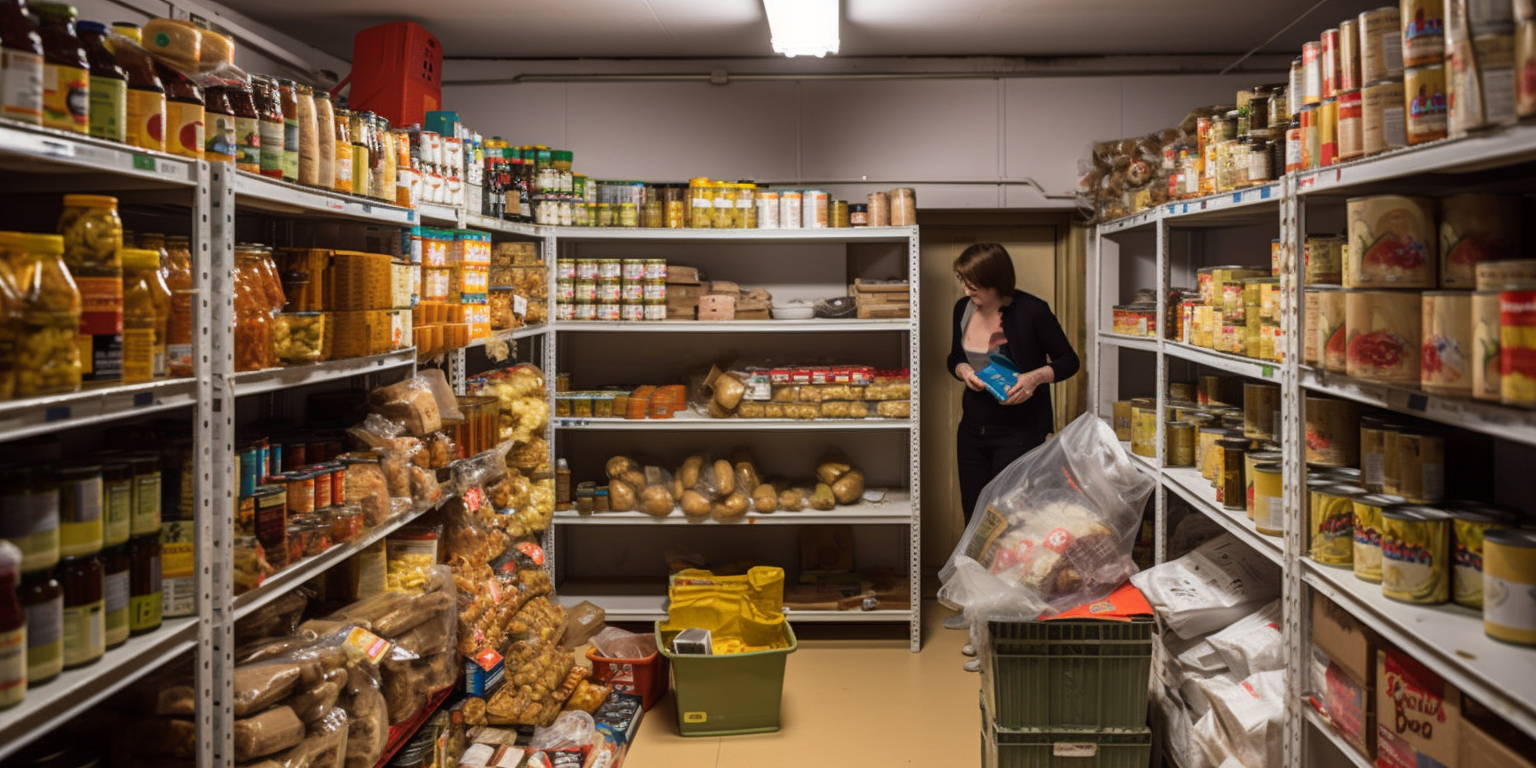
The Role of Emergency Food in Pandemic Preparedness: Lessons from COVID-19
The Role of Emergency Food in Pandemic Preparedness: Lessons from COVID-19
The COVID-19 pandemic has laid bare the vulnerabilities of our global food supply chains and has demonstrated the need for improved pandemic preparedness. In the UK, emergency food provisions have played a crucial role in supporting vulnerable populations and ensuring food security during these times. This article will delve into the importance of emergency food in pandemic preparedness, discussing the lessons we can learn from the pandemic and offering insights on how we can better prepare for future crises.
The Importance of Emergency Food in Pandemic Preparedness
-
Supporting Vulnerable Populations
COVID disproportionately affected vulnerable groups, including the elderly, those with underlying health conditions, and low-income families. In the UK, the Trussell Trust, a leading food bank network, reported a staggering 128% increase in emergency food parcels distributed in March 2020, compared to the previous year. The pandemic has highlighted the importance of a robust emergency food system to ensure that no one goes hungry in times of crisis.
-
Addressing Supply Chain Disruptions
-
Strengthening Community Resilience
The pandemic brought communities together, with many individuals and organisations stepping up to support their neighbours in need. In the UK, over 4,000 mutual aid groups were established within weeks of the first lockdown, providing food and other essential items to those in need. A strong community-based emergency food response can foster social cohesion and build resilience to help weather future crises.
Lessons from COVID-19
-
Developing Local Food Networks
The pandemic has highlighted the importance of local food networks in ensuring food security. By sourcing food from local producers, communities can reduce their reliance on global supply chains, create jobs, and support local economies. The UK government's "Farm to Fork" strategy, aimed at increasing local food production and reducing food waste, is a step in the right direction.
-
Investing in Food Storage and Distribution Infrastructure
A robust emergency food system requires investment in storage and distribution infrastructure. Cold storage facilities, warehouses, and efficient transportation networks can help to reduce food waste, ensure timely delivery of emergency supplies, and maintain food quality.
-
Encouraging Individual and Household Preparedness
The pandemic has demonstrated the importance of individual and household preparedness. In the UK, Public Health England recommends maintaining a two-week supply of non-perishable food items and essential supplies. Encouraging households to maintain a basic emergency food stock can help to reduce panic buying and ensure that everyone has access to essential food items during a crisis.
-
Promoting Food Security Through Policy
Government policy plays a crucial role in promoting food security during a pandemic. Initiatives such as the UK's free school meals programme, which was expanded during the pandemic to support children from low-income families, and the temporary uplift in Universal Credit have been vital in ensuring that vulnerable households have access to food.
Conclusion
COVID-19 has underscored the importance of emergency food in pandemic preparedness. By learning from the challenges faced during this crisis and investing in our emergency food systems, we can ensure that the UK is better prepared for future pandemics and other large-scale emergencies. By strengthening local food networks, investing in infrastructure, encouraging individual preparedness, and promoting food security through policy, we can build a more resilient food system that leaves no one behind.
Suggested Articles
Prepping for Emergencies with Children: A Comprehensive Guide for UK Families
How to Keep Your Family Safe, Informed, and Ready for Any Emergency Introduction Emergencies can happen at any time, ...
Emergency Food Supply for Multi-Day Power Outages: A Comprehensive Guide for UK Residents
Power outages can strike at any time, and with an increasing demand for electricity and a more volatile climate, the ...
The Crucial Role of Emergency Food in Hunger Relief and Crisis Situations
Unravelling the significance of emergency food provisions in combating food insecurity and supporting vulnerable popu...




